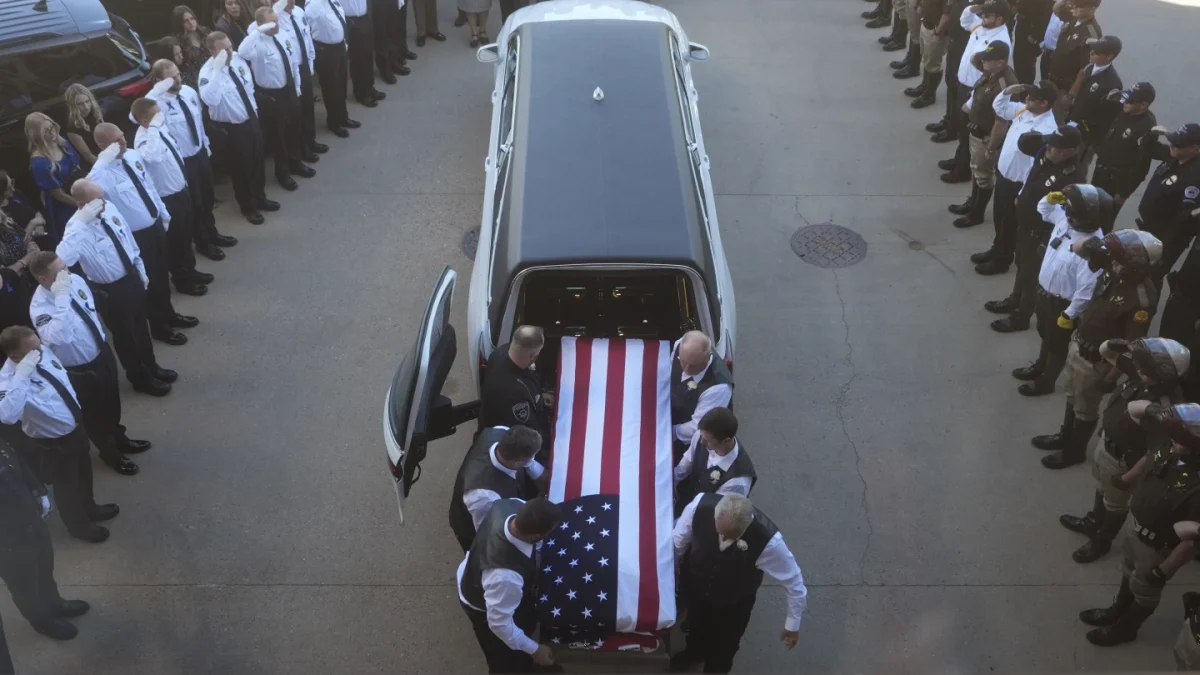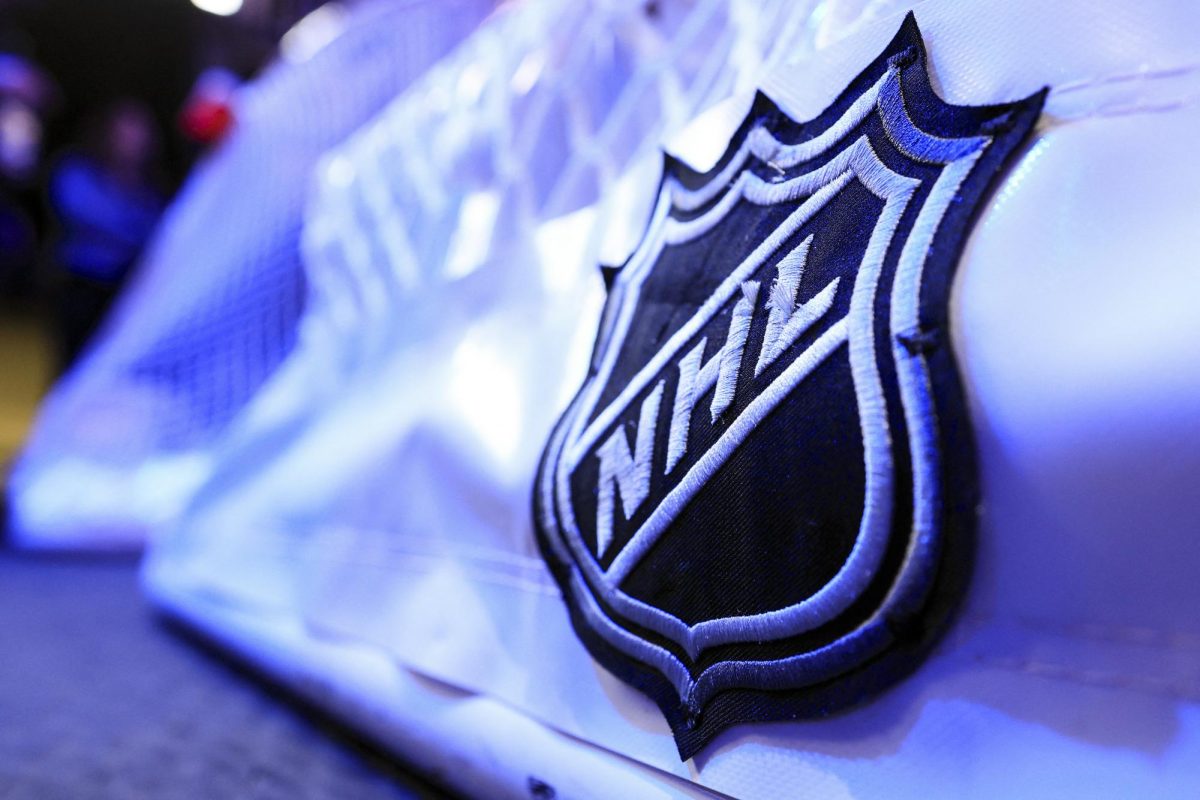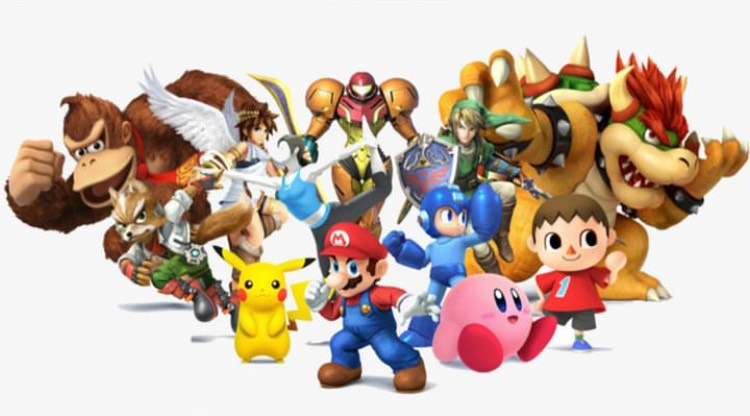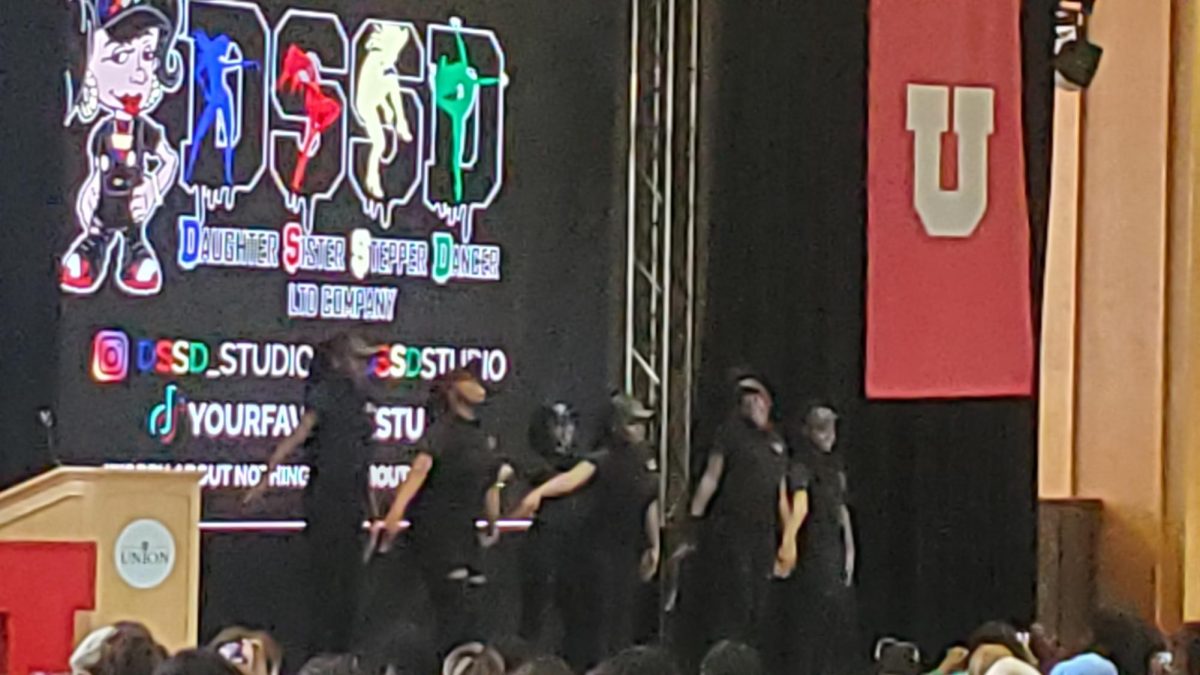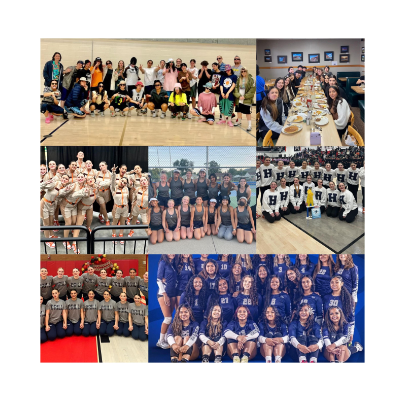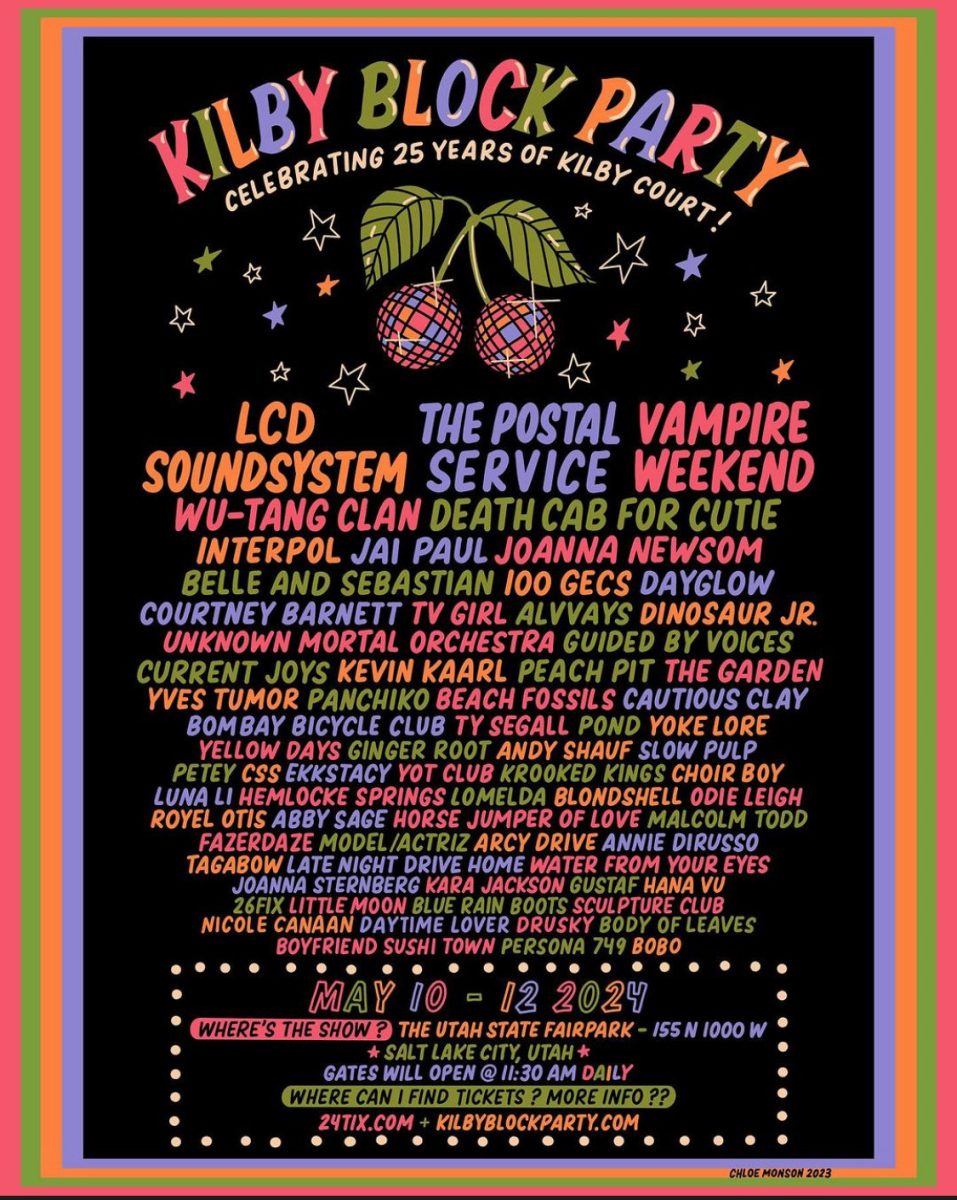Police brutality in America
January 13, 2022
People are saying police stations should be decommissioned, trained for longer periods of time, and educated more, because the police are known for their use of excessive force on specific minority groups in the modern era. We should focus on solving those issues in America.
Police brutality isn’t new, in 2020 everyone has heard of the murder of George Floyd. The situation was taped and took place on May 25, 2020. Floyd was an unarmed black man and was cuffed and pinned down by officer Derek Chauvin. The officer pressed on Floyd’s neck for 9 minutes and 29 seconds. The murder sparked a resurgence in the Black Lives Matter movement(BLM) and most of the country’s population to ask for justice. This resulted in Chauvin being incarcerated for up to 22 ½ years in prison for second-degree manslaughter, third-degree murder, and second-degree murder. It’s the same scenario but with just a different face, most cases similar to this aren’t even taken to trial.
Mireya E. Molina was interviewed, a well-educated family friend who has experience with the law and the topic of police brutality.
The first question asked was about her education, and she responded, “I spent 6 years in college with a master’s degree and I mostly worked in criminology.”
Then how she was involved with the police. She answered with, “My line of work crosses paths with the police very often.”
The next question was if she believed that police brutality was real. “Yes, I think it’s very real and well-documented thanks to body cams officers often wear and citizens who record incidents on their phones.”
What were her thoughts on police reform? “I think it’s great but I think it’s going to be a while before we start seeing results. The problem is that police officers value experience more than education. Most police chiefs do have education but cops don’t really want to be taught. Most of the new recruits have good morals going in, but if your coworkers are doing things that are against your morals it’s hard for them to choose between fitting in or telling them what they’re doing isn’t justified. The easier choice is joining them. In their mind, they are their superiors, what they’re doing has to be good if they’ve been doing this for a long time.
When asked if she had any lingering thoughts, her response was “…I think more police officers need to learn about implicit bias. Implicit bias is when we view a person or group of people based on our own experience or knowledge of them. An example of an implicit bias is staying away from tap water in a foreign country or thinking one group of people is more likely to be doing illegal behavior compared to another group. Police need to keep track of their implicit biases and learn that most people are beyond what they’re known for.”

